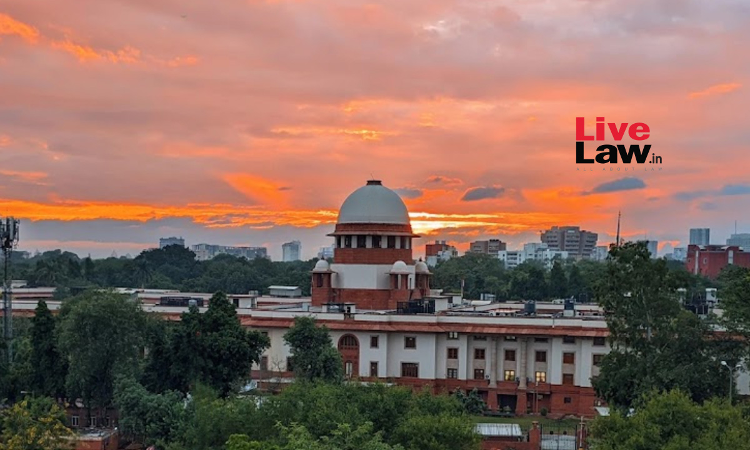On Thursday, a Constitution Bench of the Supreme Court held that mere acceptance or receipt of an illegal gratification, without establishing the offer made by the bribe giver or demand raised by the public servant, would not make it an offence under Section 7 or Section 13 (1)(d)(i) or Section 13(1)(d)(ii) of the Prevention of Corruption Act, 1988.A Bench comprising Justices Abdul Nazeer, B....

